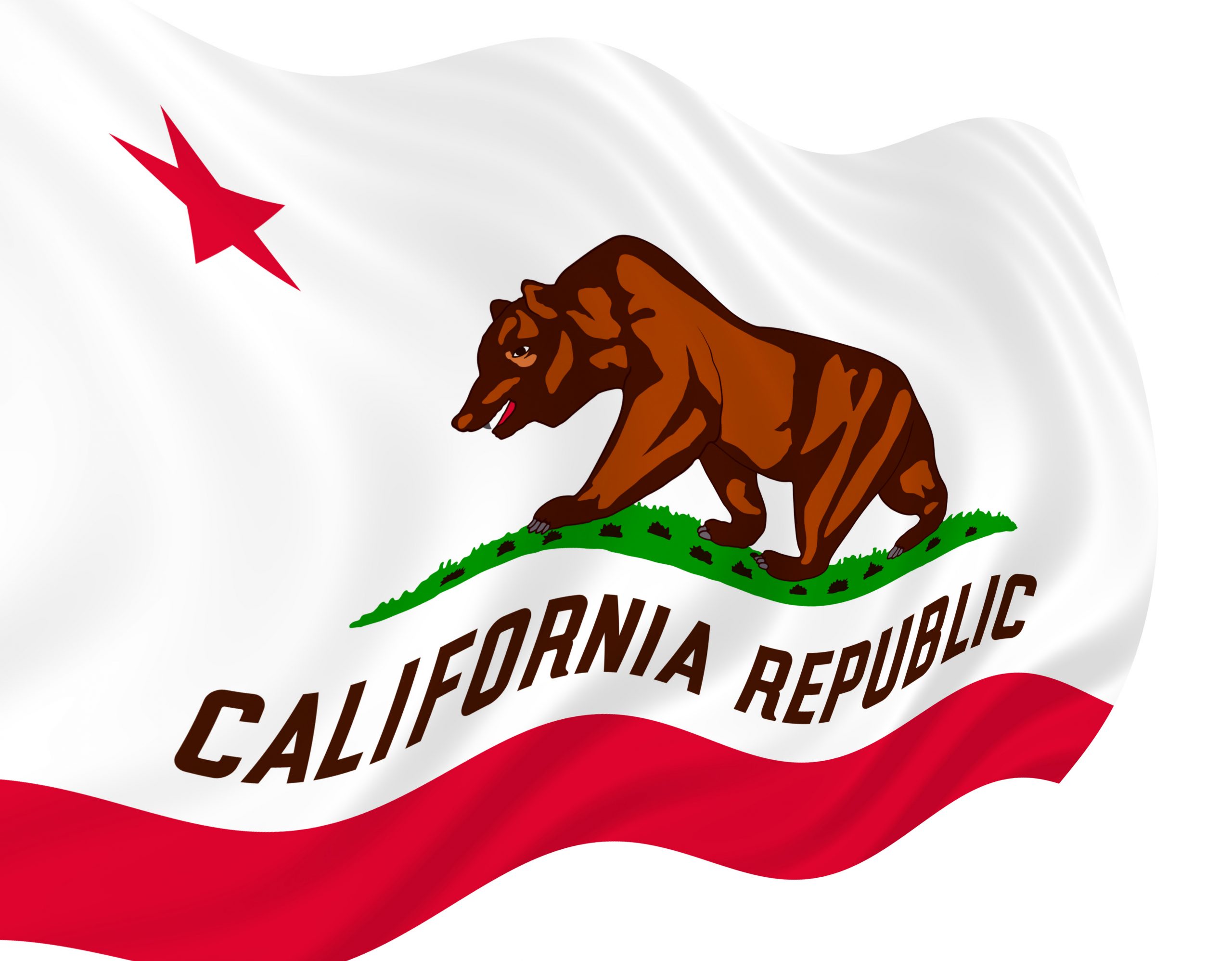With nearly 40 million people and more than 70,000 farms taking up nearly 25 million acres, California is always thirsty. It is, as well, mostly dry. Deserts make up one-fourth of the state and semi-arid land occupies up at least that much, if not more.
Consequently, water is an ever-unfolding story here. The local-state-federal battles over the Sacramento-San Joaquin River Delta seem to never end, snowpack in the Sierra Nevadas, or the lack thereof, is routinely a newsworthy event, and rumors and misunderstandings about residential water use — “will I be fined for taking a shower and using my washing machine on the same day?” — are good for stirring up a regular fuss.
The problems are, of course, self-inflicted. As Susan Shelley, an editorial writer for the Southern California News Group, wrote in 2018: “Earlier generations of California politicians solved water problems, while the current generation intentionally creates them.”
Markets efficiently and cost-effectively provide consumers with core commodities, from groceries to automobiles to clothing to appliances to energy. Why should water be different? It too, can be bought, sold, and delivered through markets. Look at the many options of bottled water on grocery store aisles. All those choices of water from around the world are not the product of a government program or utility.
But farms aren’t irrigated, showers aren’t taken, and laundry isn’t done with bottled water. Larger volumes are needed for residential, commercial, and agricultural use. How, then, should large quantities of more reliable water supplies be moved over long distances to California?
PRI Senior Fellow Henry I. Miller and two colleagues recently wrote about the potential of “a major new infrastructure project that could revolutionize water distribution in the U.S.” in Issues & Insights. “Long-distance pipelines,” they believe, are key to addressing “the water shortages in Western states.”
“We envision a major combined federal and private hallmark program for the nation – an Interstate Water System,” which would pump water from the Mississippi and Columbia rivers to where it’s needed in the West.
The implications for California are enormous. The yearly flow of the Mississippi is about 30 times that of the Colorado River, which provides California with much of its water (18 million customers rely on it), while the Columbia has close to 10 times the Colorado’s volume.
With Southern California depending less heavily on the Colorado under the terms of a 2003 quantification settlement agreement, users upstate, particularly the perpetually parched farmers in the middle third, would benefit. With less water from flowing from the northern third of the state, where 75% of California’s water is found, to the lower third, more should be available for them.
Any arrangement will require an interstate compact to ensure that water drawn from the rivers won’t harm transportation, agriculture, fisheries, recreation, commerce, eco-systems, and other important interests downriver. Each of these issues would require incredibly complex negotiations to balance competing interests and reach agreements.
It will also have to overcome the inevitable environmental hurdles. The green lobby always objects to progress and modernity, and it has a particular animus toward large infrastructure projects, and there’s no reason to think it will treat water pipelines any differently.
Overcoming both will be difficult. But it’s worth an in-depth look. There needs to be a suspension of hostilities in California’s endless water wars. Though that’s an immense task, it’s not too big for the power of markets. Unlike politicians, they never intentionally create problems.
Kerry Jackson is a fellow with the Center for California Reform at the Pacific Research Institute.

